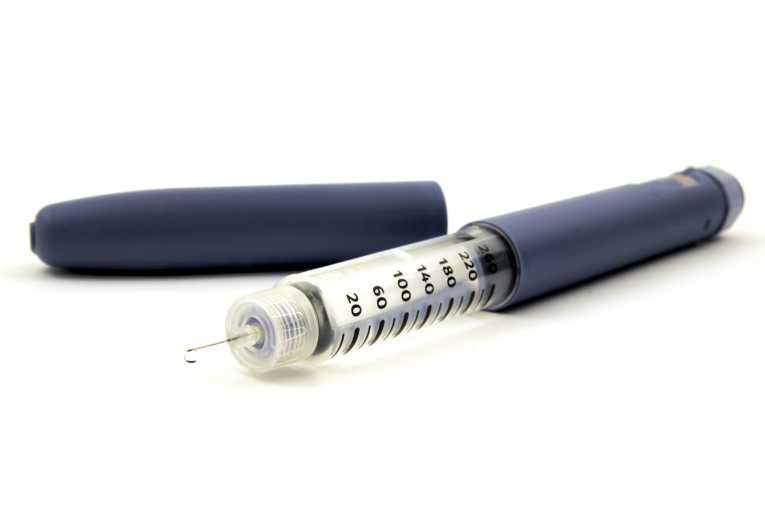At the 2nd World Congress on Interventional Therapies for Type 2 Diabetes, hosted by the New York-Presbyterian Hospital and the Weill Cornell Medical College and held on March 29th 2011, the potential advantages and cost-effectiveness of Bariatric surgery in dealing with Type 2 diabetes in moderately and severely obese patients was explored.
There are an estimated 285 million suffers of Type 2 diabetes around the world, a figure that is expected to double by 2030 according to officials. It is essential then, that a viable solution can be found to ease the effects of Type 2 diabetes on those who suffer from it and also on the healthcare systems of each country. The cost-effectiveness of treatments is a key issue in the availability of procedures to help those who have Type 2 diabetes and research has been carried out in the United States, the United Kingdom, Australia and some European countries to find a cost-effective treatment for the disease.
Bariatric surgery was originally developed to treat morbid obesity however, it was also found to have curative properties for Type 2 diabetes as well. The surgery can improve and normalise blood sugar levels and can significantly reduce the need for medication, which can prove to be quite costly. Further research into the use of bariatric surgery for the treatment of Type 2 diabetes found that it also had increased health benefits when compared with conventional methods of treating the disease. The studies showed that remission of Type 2 diabetes was five times greater in those patients who had been surgically treated.
In a global economy of limited healthcare funding, the cost-effectiveness of treatments is being increasingly emphasised. Diabetes is expected to pose a real problem to many healthcare systems around the globe in the future, as it can accrue a number of costs for medical management. Bariatric surgery is proving to be a favourable option of coping with this problem at the moment with researches hopeful that it will become a widely used treatment for Type 2 diabetes in the near future.
Related Links:










